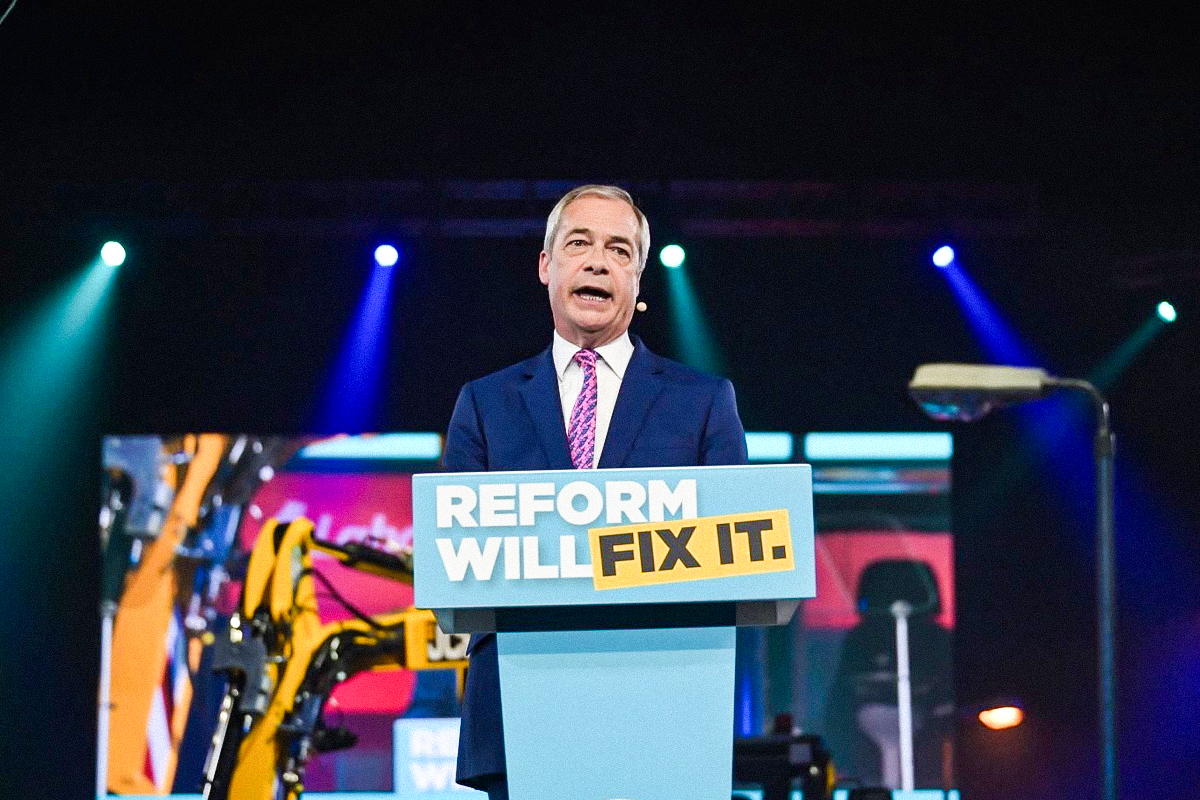We publish here a further set of reports from Marxist students across the country who supported their striking staff. The reports give a real flavour of the militant mood that exists amongst staff and their willingness to fight, whilst also highlighting the concrete ways in which students can provide genuine solidarity to workers taking action.
We publish here a further set of reports from Marxist students across the country who supported their striking staff. The reports give a real flavour of the militant mood that exists amongst staff and their willingness to fight, whilst also highlighting the concrete ways in which students can provide genuine solidarity to workers taking action.
Southampton
Members of the Southampton Marxists went to the campus at around 9am. The pickets lines were fewer in number than last time but with more people. Overall there were perhaps fewer people on strike than last time.
The Student Union, SUSU, agreed last night that they are against the strike action and their excuse was that “it was too noisy”. However, the strikers were happy to see us, the Marxist students, supporting them and to see that we had a resolution on the strike. We talked to some people around on campus and gave out leaflets for the Marxist society.
One PhD student in the picket lines was telling us that Marx is not relevant anymore, that things have changed from Marx’s time and that he’s outdated. We had a bit of a discussion; we suggested to him that he should read the manifesto once more because he’ll find it more relevant now than it was when it was written. He bought a copy of the Socialist Appeal newspaper and he said he’ll come to the events of the society from now on to learn a bit more about it.
We also talked to some of the university staff that work as cleaners or serving food on campus. They apologised for not serving us food today and then they started explaining to us their everyday problems – problems caused by the price increase of utilities and products, whilst at the same time they get the same amount of money as they did before! The energy bills for one of them for the last month was £97 more this month because of the rise in energy prices; the bus fare to get to work has increased by 50p per ride; and apparently 40% of the university staff earning the lowest wage have to go to food banks to feed themselves and their families.
In the rally, they had prepared a song based on the “12 Days of Christmas”, but had replaced the lyrics with “my VC [Vice Chancellor] gave to me: zero hour contracts; 1% pay rise; lower wage for women”, etc. Then some of the trade union members made small speeches about how they need to talk to the employers and explain to them that getting a better wage is good for business. They also started booing the students that did not support the strike – the problem was that many students did not even know about the strike in the first place!
One speaker who came up talked about the seriousness of the situation and how this fight for a fair pay might go on for much longer. The crowd responded with cheers on this point which shows that they are ready for more of fight if needed. He also explained that the excuses that they give to the workers for not paying them fairly have no basis, since they only talk about the ‘good for the economy’, but everyone knows who is really benefiting in this economy – the bankes and the bosses. He also mentioned that the VCs are sitting on billions of pounds, but yet they pretend that “we’re all in this together” when carrying out cuts.
The revolutionary mood is there. People are realising that there needs to be a fight! They realise that the government is feeding them lies and they don’t want to sacrifice their lives any longer in saving the big businesses or banks! The university staff know that it is them that runs the educational system, which is vital for the future of the country! The only thing lacking is a leadership willing to offer a plan of action and a programme; the trade unions right now are not doing this. We need a leadership that knows what it should be fighting for – not just another small victory or compromise with the bosses, but for a socialist alternative!
Sussex
With picket lines setting up at 7:30 am and dismantling by 3:00pm, the four scattered picket lines at Sussex University campus saw an estimated 100 – 120 people participating throughout the day. Overwhelmingly the presence of the picket lines were made up by students, and lecturing staff involved in UCU, but the presence of Unite and Unison was in no way insignificant. The banners, flags and placards of all three unions were consistently visible.
Despite the frustration of many strikers, who saw significant numbers of students and other staff crossing the picket lines, there was a marked improvement since the strike on the 31st October. Local unionised bus drivers outright refused to drive buses onto campus all day, whereas on the 31st they did so after 12pm. Cars were much more effectively blocked and prevented from entering campus due to large student barricades at the entrances of Sussex campus. More staff from UCU were present on the picket line than before – many of whom were familiar to the Marxist Society and greeted us. And despite the appearances of many determined students and staff to cross the picket line, according to reports, fewer students entered campus throughout the day than on the 31st October, and more staff and students passively supported the strike by staying at home.
Although these are only minor gains, this latest strike was clearly more successful than the last, and yet managed to achieve these modest gains of the basis of much less publicity, alongside a general mood of frustration and demoralisation on Sussex campus: in recent months the privatisation process at Sussex university has seen the outsourcing of campus services being finalised, and new plans for further outsourcing of residential housing have been made more clear and concrete in anticipation of sell-offs before January. After three unsuccessful student occupations throughout 2013 – each with less momentum and support than the last – student activity has not halted the plans to outsource services, which threatens the employment of staff on campus. It is clear that the movement at Sussex amongst many staff and most students is at a temporary ebb.
Regardless of these defeats, the struggle of the workers at Sussex continues to build steadily; many signed up to trade unions, and ones-and-twos were convinced not only to avoid crossing the picket line, but to join the strikers. Many staff were also interested in the Sussex Marxist society – several even asked to sign up to the email list when they were informed that our meetings are open to the public.
The mobilisation of workers at Sussex is one of slow and steady progress in the wake of so many regressive and undermining policies issued by the university management amidst the pretext of nation-wide austerity measures. No number of occupations or “pop-up” unions (like those seen at Sussex over summer) will suddenly rouse the workers to revolutionary politics en masse.
Only consistent demands and the experience of everyday struggle will see more workers pushing for change in their trade unions, their universities, or for change nationally. There can be no short cuts around the trade unions at Sussex or anywhere else. The strikes for better wages and the protests against privatisation at Sussex are part of the same struggle, one which the Marxist society recognise must be led by the workers if it is to have any chance of success. Pushing for the Student Union to genuinely build and mobilise a student strike in support of striking staff is the best place to begin.
Cambridge
Following the successful intervention in the last higher education strike, Cambridge Marxists again actively participated in this latest strike action. We submitted the a motion to the student union council meeting, which got passed although heavily revised, and put pressure on the student union officials to take concrete actions, whilst also advertising the Marxist society. Members of the Marxist society were present on the picket line, where we had very good discussions with the striking staff.
For the strike on 31st October we had submitted a motion to the student union. However, another milder motion was passed. Learning from this previous experience, we submitted a motion again, which this time addressed the more specific situation of the university staff, whilst also linking their situation to the broader fight against capitalism.
We also criticised the student union’s failure to contact students about strike last time, despite stating support for the strike in the motion. Finally, we called for the student union to organise a joint public meeting with all the unions involved, to advertise the strike in the student union bulletin, to create a Facebook event page, and to provide information on why students should not cross the picket lines.
The motion was heavily revised, but we successfully managed to get the student union to publicise the strike, although they did not do it well, for example, only publising the public meeting 45 minutes before it was due to start!
On the day, Marxist society members went down to the picket line at 9am, bringing our Marxist society banner with us, where we were actually the first to arrive. University staff, many of whom were on strike last time, came along afterwards. We had very good discussions with a few of them, including discussions about Marxism and why we are Marxists.
Many students crossed the picket line, but there seemed to be a slightly increase of the proportion of students who were aware of the strike, although not substantial.
At 11:45am we rallied together with the staffs and students from other picket lines. There were around 60-80 people, a bit less than last time, and about one-third were students.
Unfortunately, none of the speeches this time linked the cuts in education to the capitalist crisis, nor did they even link the university staff struggle to the wider struggles of other workers. The student speakers tried to make their speeches as apolitical as possible.
Based on the previous lessons and experience, we were able to participate in a more organised way. It was also a very precious opportunity for Marxist society members to talk to workers and to discuss our ideas with them. By steadily building up the basis through the Marxist society, we believe that we could have an even bigger impact in the future.






